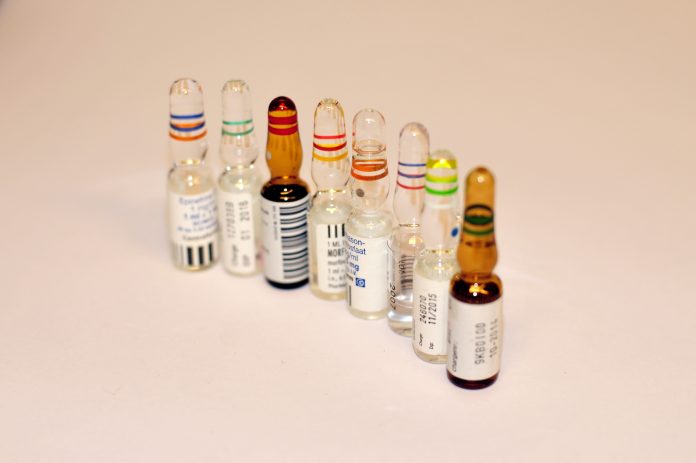Teva and Cephalon faced the €60.5 million antitrust fine, after both companies were found to be actively suppressing the existence of cheaper medicine
The Commission opened formal antitrust proceedings against Teva and Cephalon in April 2011 and sent a Statement of Objections to Teva in July 2017. During these proceedings, they were accused of helping each other to keep generic, cheaper medicines off the market and increase their profits via this illegal collaboration.
Keeping the price of medicines high was found to cause “substantial harm” to EU patients, who could have been paying 50% cheaper prices for the same drug.
In 2014, the UK-based newspaper The Daily Telegraph wrote the headline: ‘Smart drug may help improve creative problem solving’. The drug, modafinil, was highly popular among university students, sold on the black market in a similar fashion to adderall. However, the drug is intensive and made to treat narcolepsy – a condition which results in excessive daytime sleepiness.
It was Cephalon’s best-selling product under the brand name “Provigil” and for years accounted for more than 40% of Cephalon’s worldwide turnover. While the main patents protecting modafinil had expired in Europe by 2005, Cephalon still held some secondary patents related to the pharmaceutical composition of modafinil, which aimed at securing additional patent protection.
What would happen to these profits once a cheaper version hit the market? Officials at Cephalon apparently did not want to find out, resulting in the decision of the European Commission to issue a fine today (26 November).
‘Pay-for-delay’ of cheaper medicines
The Commission investigation looked into the past several years, to find that a ‘pay-for-delay’ agreement eliminated Teva as a competitor for making a cheaper version of modafinil. Cephalon transferred cash payments to Teva, including some lucrative commercial side-deals. These included a distribution agreement, the acquisition of a licence on certain Teva modafinil patents by Cephalon, purchases of raw materials from Teva, and granting by Cephalon of access to clinical data that were highly valuable to Teva for a different medicine.
These side-deals and the cash were used to ensure that Teva did not file their own patents relating to modafinil, and did not challenge the existing patents of Cephalon on modafinil. Teva as competition were essentially willingly benched, while Cephalon continued to play the modafinil game unchallenged.
According to Commission investigation findings, if Teva filed patents, they would have been able to enter the modafinil market with a generic, cheaper medicine that has the same result as modafinil. This medicine had even begun to be sold in the UK at the point of ‘pay-for-delay’ agreements being struck between the two pharma companies, resulting in a hasty withdrawal from that market.











